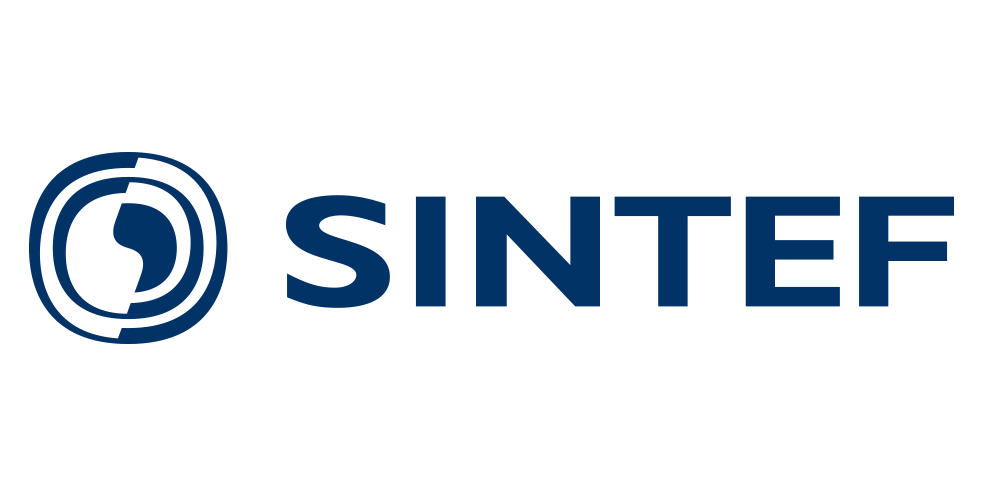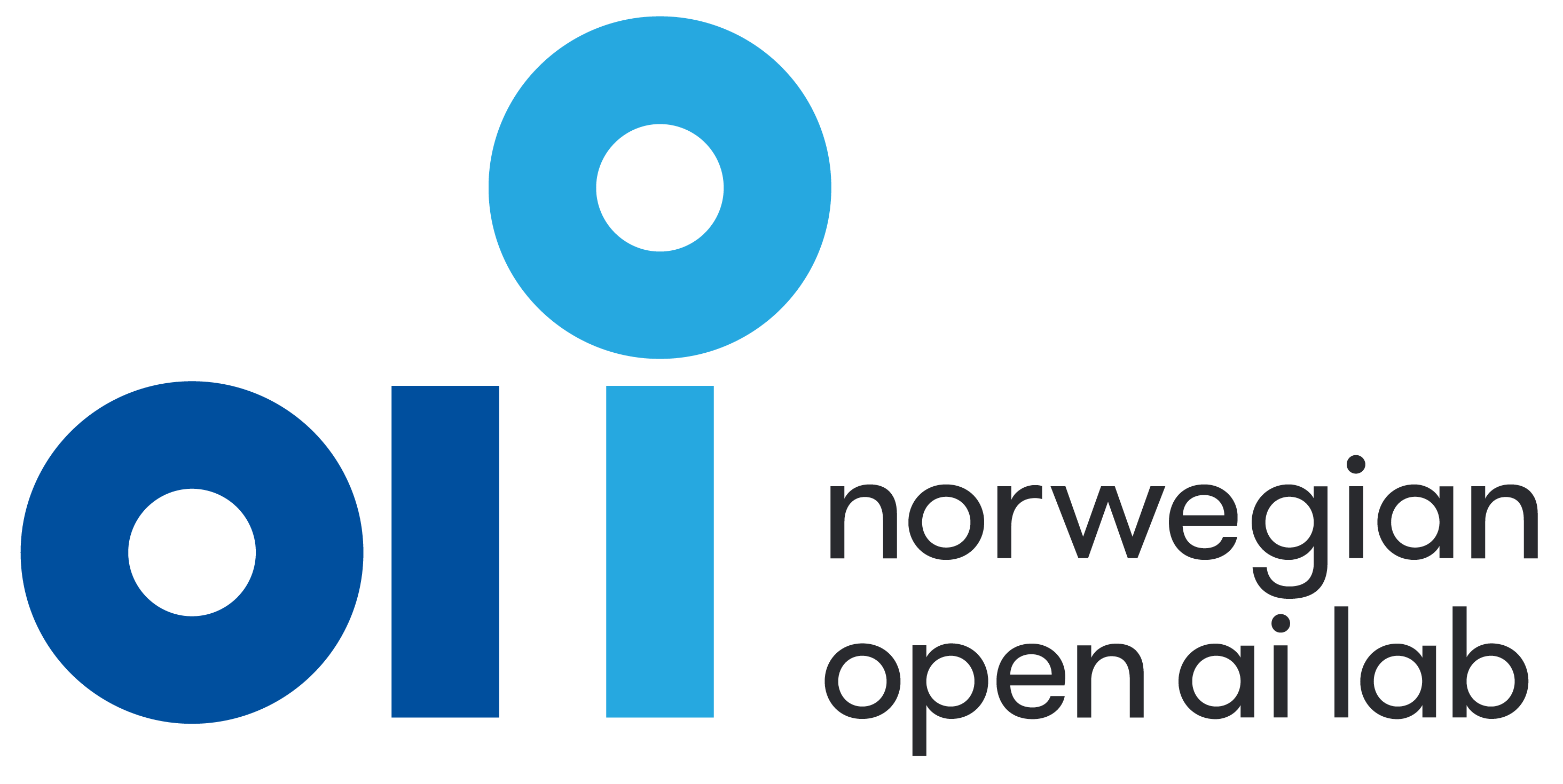About the workshop
Deep learning for irregular time series is a vital research area focused on building machine learning models that handle data with irregular sampling, missing values, noise, and multiresolution characteristics. These challenges are common in real-world domains like finance, healthcare, and environmental science. Robust models must be trustworthy, with explainability and uncertainty quantification playing a central role—especially in high-stakes decisions.
This workshop addresses scenarios where data is either scarce or labels are limited, requiring modern AI solutions that "do more with less." Key challenges include heterogeneity, multiresolution, and sparsity in time series data. Our aim is to advance state-of-the-art techniques that tackle:
- Short time series with limited history
- Multiresolution and heterogeneous signals
- Noisy and missing data
- Scarcely labeled or unlabeled data
The ML4ITS workshop builds on previous successful editions at ECML-PKDD and continues to foster idea exchange in designing effective machine learning models for irregular time series. We invite submissions on:
- Generative models (e.g., GANs, diffusion, masked modeling)
- Self-supervised and unsupervised learning
- Responsible AI (explainability, uncertainty)
- Transfer learning and few-shot learning
- Transformers and attention for time series
- Graph neural networks and anomaly detection
- Reservoir computing, spiking neural networks, and representation learning
This year’s edition focuses on four specific areas:
- Generative models for time series
- Self-supervised learning
- Responsible AI for time series
- Foundation models trained on large-scale, multimodal data
In addition, this year, the workshop will feature a special session on Time Series for Space Applications. This session will highlight the role of machine learning in autonomous and scalable space operations, with a focus on time series modeling for spacecraft telemetry, anomaly detection, and forecasting. For more details on this session, please visit the Time Series for Space Applications section.
Special Session: Time Series for Space Applications
Machine learning is increasingly vital for autonomous and scalable space operations. From anomaly detection and satellite health monitoring to mission planning and space weather forecasting, AI supports ESA’s A2I Roadmap for automating space operations.
Spacecraft telemetry, characterized by irregular sampling, missing data, and complex dependencies, presents challenges well-suited for ML research. ESA, Airbus Defence and Space, and KP Labs have released two curated datasets:
This session will focus on:
- Time series modeling for telemetry
- Anomaly detection and forecasting
- Onboard ML and data compression
- Foundation and explainable models for space
The topics have strong cross-domain relevance, including in finance, robotics, IoT, and healthcare.
In addition, we are excited to announce that an associated Kaggle competition has been launched for this special session: ESA-ADB Kaggle Challenge. This challenge invites participants to tackle real-world space-related problems using the ESA-ADB dataset, with an emphasis on time series analysis and anomaly detection for space applications. We encourage all workshop attendees to participate and contribute to advancing solutions in this exciting domain.
Organization
Organizers
- Massimiliano Ruocco (NTNU/Sintef, Norway)
- Erlend Aune (HANCE/NTNU, Norway)
- Claudio Gallicchio (University of Pisa, Italy)
- Krzysztof Kotowski (KP Labs, Poland)
- Luigi Quarantiello (University of Pisa, Italy)
- Gabriele De Canio (European Space Agency, Germany)
Program Committee
- Pierluigi Salvo Rossi (Full Professor, NTNU)
- Murad Abdulmajid (Researcher, Sintef DIGITAL)
- Michail Spitieris (Researcher, Sintef DIGITAL)
- Vincenzo Lomonaco (University of Pisa, Italy)
- Jo Eidsvik (Full Professor, NTNU)
- Leif Anders Thorsrud (Professor, BI)
- Vegard Larsen (Researcher, BI/Norges Bank)
- Andrea Ceni (Researcher, University of Pisa, Italy)
- Bogdan Ruszczak (Assistant Professor at Opole University of Technology, Research Scientist at KP Labs, Poland)
- Jakub Nalepa (Associate Professor at Silesian University of Technology, Head of AI at KP Labs, Poland)
Submission
Papers must be written in English and formatted according to the Springer LNCS guidelines followed by the main conference. Submissions should be made through the workshop's CMT submission page. After logging in, create a new submission in your author console, and select the track on "ML4ITS2025". Regular and short papers presenting work completed or in progress are invited.
- Regular papers are expected to provide original and innovative contributions. Max length: 14 pages including references.
- Short papers, describing innovative ongoing research showing relevant preliminary results, are maximum 6 pages.
- We also allow presentation only contributions (no page restrictions, not included in proceedings), which may include work already published elsewhere or ongoing research that is relevant and may solicit fruitful discussion at the workshop.
Papers authors will have the faculty to opt-in or opt-out for publication of their submitted papers in the joint post-workshop proceedings published by Springer Communications in Computer and Information Science, organised by focused scope and possibly indexed by WOS. Notice that novelty is not essential for contributed papers that will not appear in the workshop proceedings, as we invite papers that have already been presented or published elsewhere with the aim of maximizing the dissemination and cross-pollination of ideas among the topic of the workshop.
At least one author of each accepted paper must have a full registration and be in-person to present the paper. Papers without a full registration or in-presence presentation won't be included in the post-workshop Springer proceedings.
Dates
The following deadlines are in AoE time zone (UTC – 12).
- Paper submission deadline: June 14, 2025
- Acceptance notification: July 14, 2025
- Camera Ready: To be announced
- Workshop date and location: Friday 19th of September (Morning), 2025, Porto
Accepted Contributions (Posters)
Event Schedule
| Time | Session |
|---|---|
| 09:00 - 09:15 | Introduction and Opening Remarks |
| 09:15 - 09:45 |
Invited Speaker 1 - Michail Spitieris (SINTEF) “Generative Probabilistic Models for Small Data: A Physics-Aware Approach to Irregular Time Series” |
| 09:45 - 10:15 |
Session 1 - ML4ITS “PYRREGULAR: A Unified Framework for Irregular Time Series, with Classification Benchmarks”, F. Spinnato, University of Pisa “Closing the Gap Between Synthetic and Ground Truth Time Series Distributions via Neural Mapping”, D. Lee, NTNU |
| 10:15 - 11:00 | Coffee break + Poster Session |
| 11:00 - 11:30 |
Invited Speaker 2 - Sara Malacarne (Telenor Research) "Anomaly Detection in Telecom Time Series: From Graph-Based Models Towards Representation Learning" |
| “Time Series for Space Applications” Special Session | |
| 11:30 - 11:40 | Special session introduction |
| 11:40 - 12:15 |
Proceedings track "Demonstration of a Universal Algorithm for Satellite Anomaly Detection in Spacecraft Anomaly Challenge", Y. Kimura, Japan Aerospace Exploration Agency "A Hierarchical Ensemble Pipeline for Anomaly Detection in ESA Satellite Telemetry", L. Allegrini, ContinualIST “Morphological Leave-One-Out Kernel Density Estimates for Anomaly Detection in Satellite Telemetry”, M. Bikhit, Opole Uni of Tech |
| 12:15 - 12:50 |
Presentation-only track
|
| 12:50 - 13:00 | Announcing winners of the final round of the ESA-ADB competition |
Partners





